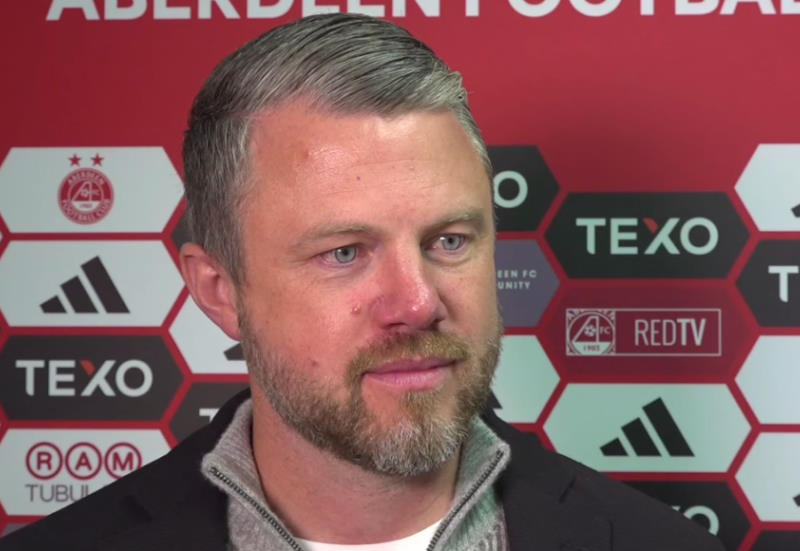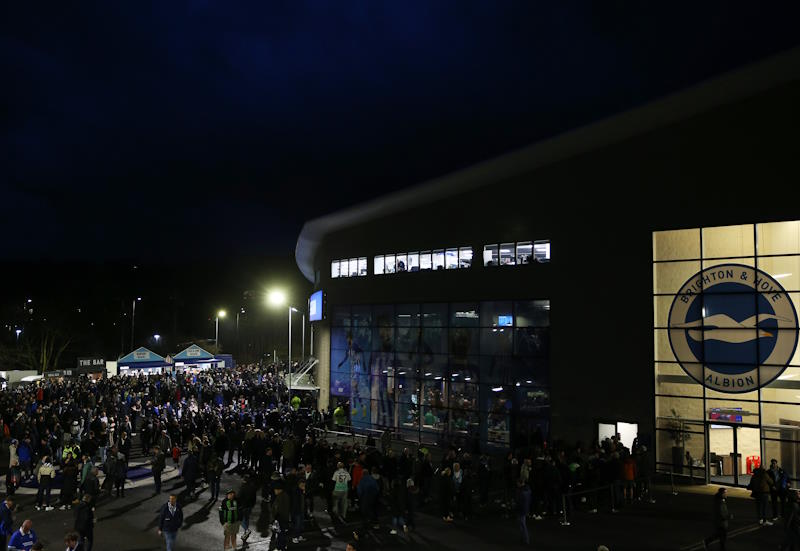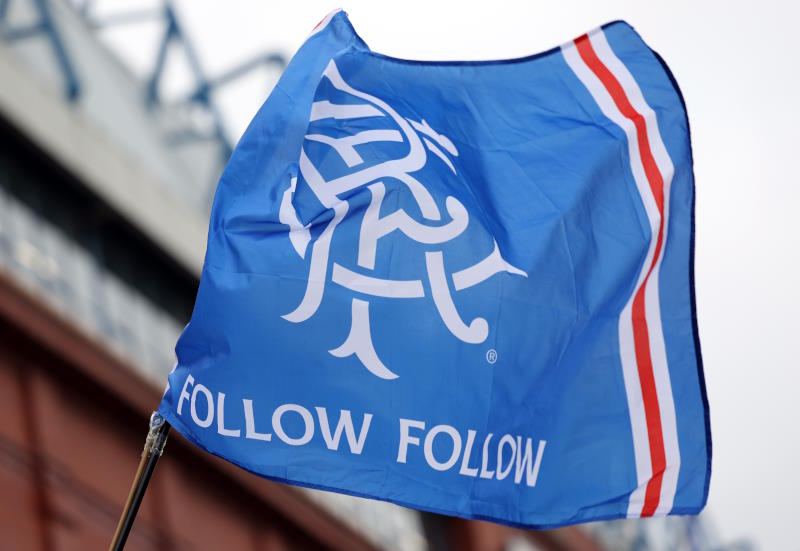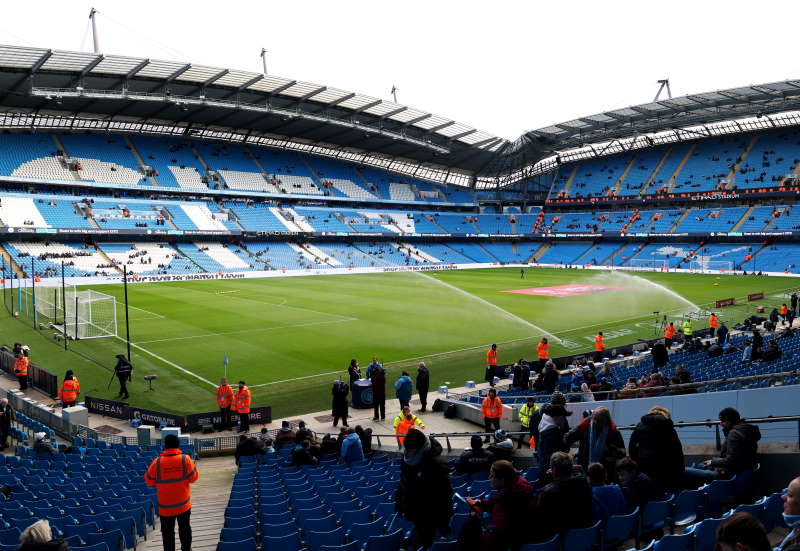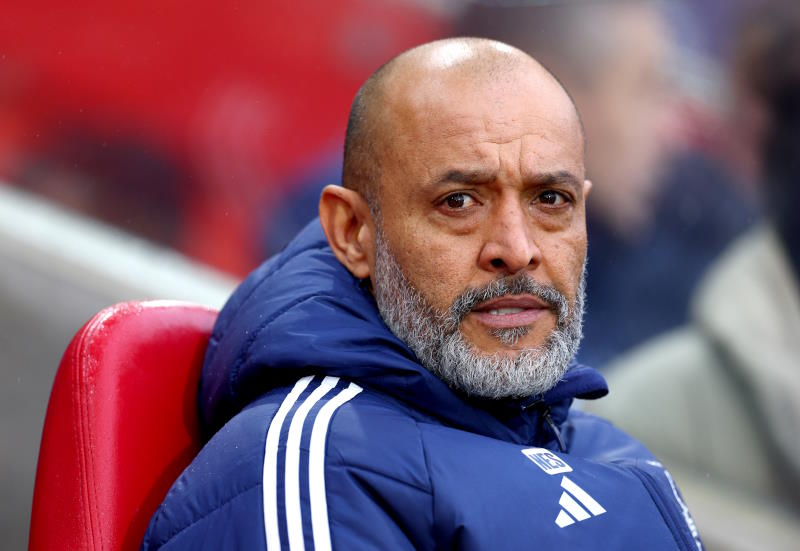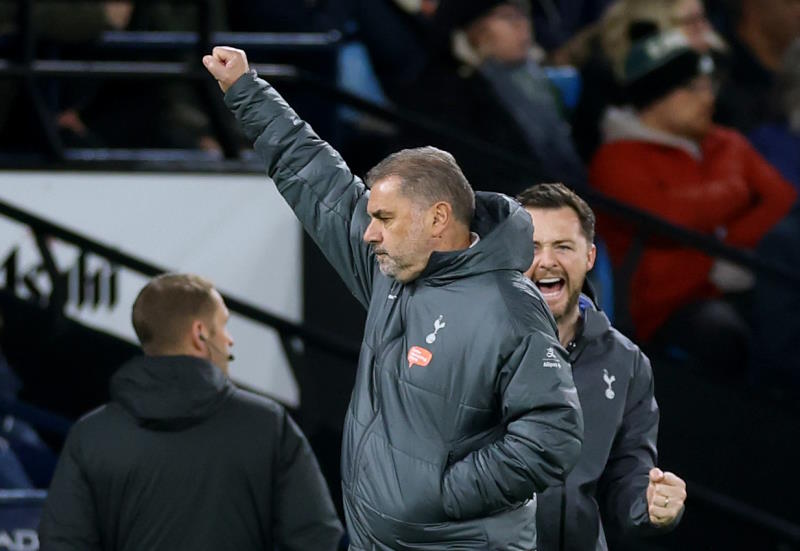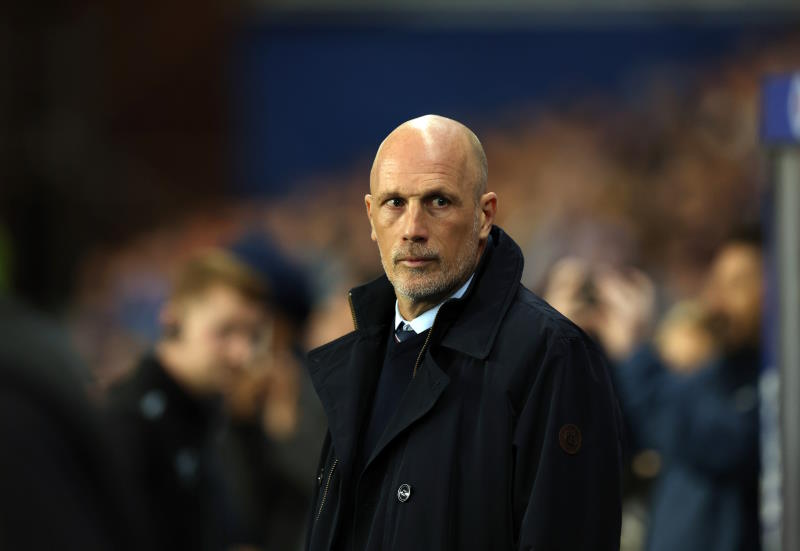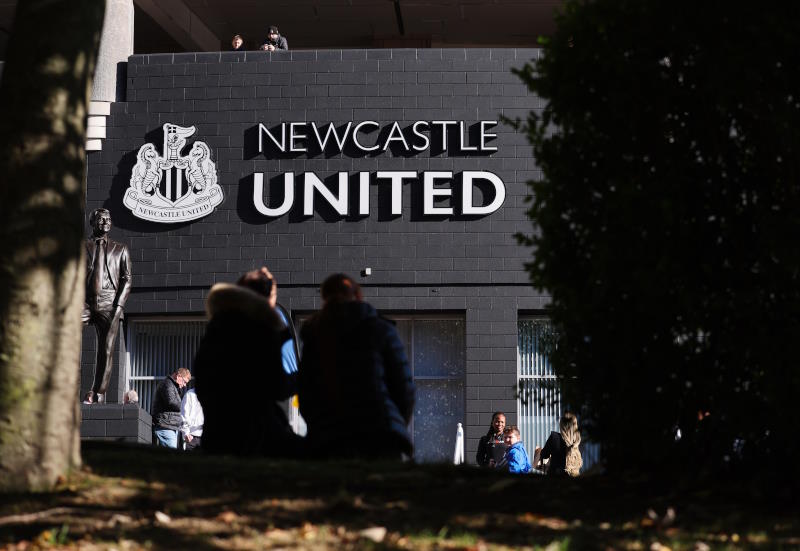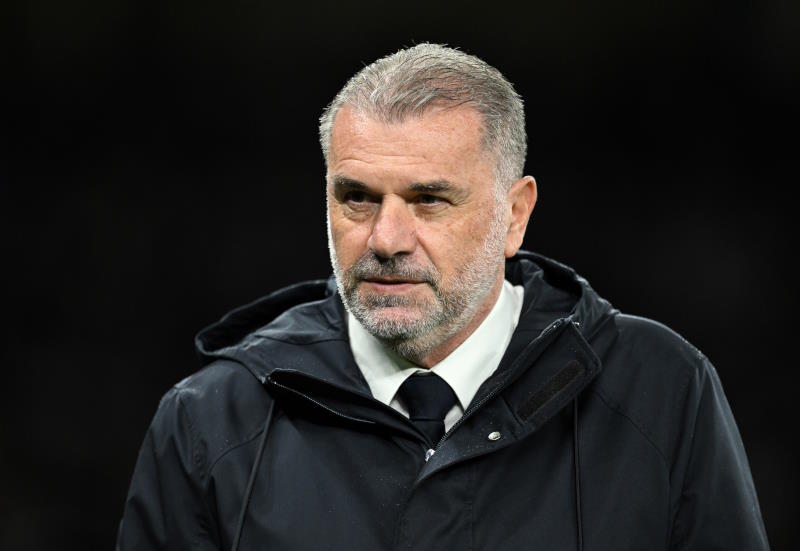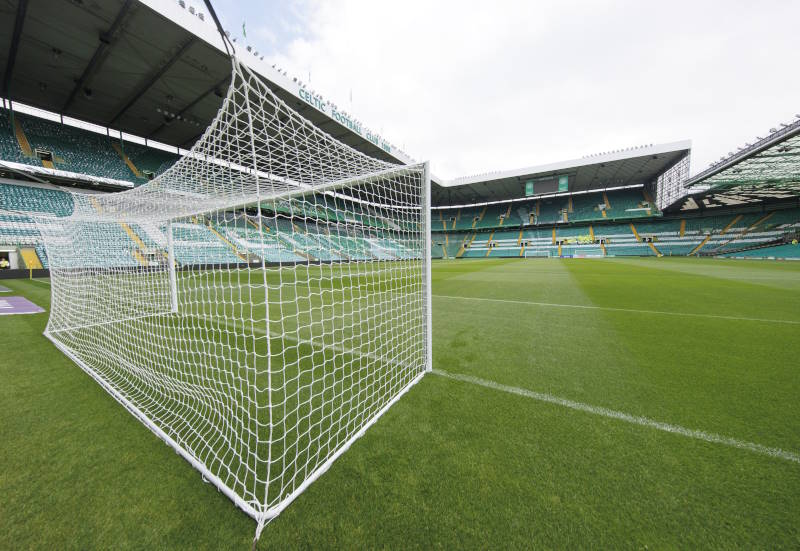
“Sometimes you want to kiss him, sometimes you want to kill him”. That’s how Standard Liege captain Steven Defour described Milan Jovanovic, the Serbian forward who will join Liverpool on a free transfer this summer. Jovanovic isn’t the easiest character, neither for team-mates nor opponents. A son of the Balkan war, the Serbian knows what he wants and how to get it. “I have character”, he declared upon his arrival at the Standard Liege training ground, “and I am here to become a top player”.
While such a phrase might be typical for a newly signed player, Jovanovic was soon to prove his brash statement right. Just four years after signing, he is leaving the Belgian Jupiler League for the Premier League, and his time in the Walloon region – the predominantly French-speaking southern area of the country – has been outstanding.
Jovanovic has picked up two consecutive league titles with Standard; he was elected Belgian Footballer of the Year for the 2007/08 season (the award is organised by the Belgian Football Association and Sport Foot magazine), and Best Footballer of the Jupiler League for 2009 (also known as the Gouden Schoen award, a prize given by a selection of the Belgian press and football personalities); the Serb also became his country’s top scorer during qualifying for the 2010 World Cup with four goals. All in all it’s no wonder Jovanovic quickly became one of the most desired players in Europe.
When Jovanovic landed in Liege in the summer of 2006, the Serb was almost ready to hang up his boots. The former Vojvodina Novi Sad man had suffered a series of injuries, leading to long spells on the sidelines, and restricting him to just 12 games in four season, with Shakhtar Donetsk and Lokomotiv Moscow, picking up the Russian league with the latter.
At Standard, Jovanovic was soon introduced to the club doctor, Dr Popovic, who helped him to find the right level of physical fitness, enough to allow him to undertake a trial. The Reds were on the lookout for someone to replace top scorer Mohammed Tchité, who had just been sold to Anderlecht. Jovanovic impressed instantly in his first friendly appearance, particularly for his speed and coolness in front of goal. But while Jovanovic was gaining fans, Standard were losing. The club had suffered a poor start to the Belgian league season, picking up just two points from four games, and exiting the Champions League in the third qualifying round, falling to Steaua Bucharest. It wasn’t good enough, and Dutch coach Johan Boskamp was sacked.
The Serbian striker could have been forgiven for feeling unsure of his future with Standard, but he need not have worried. Technical director Michel Preud’Homme stepped into the breach, and signed Jovanovic to a permanent deal immediately. Not just that, but the new boy began to replace the established Milan Rapaic on the left wing. Soon though Jovanovic was on the move again, up front to fill in for the injured Igor De Camargo. In his first season in Liege, Jovanovic scored 14 goals and quickly became a fan favourite. The Standard support labelled him the “snake” for his quick movement.
In the 2007/08 season, the Reds won their first Belgian league title in 25 years, boasting at one point a record of 31 games unbeaten. Standard were also one of the youngest teams in the whole Jupiler League. The man born on 18th April 1981 in Bajina Basta – a town in the western mountains of Serbia close to the Bosnian border – played a key part, scoring 16 goals in 30 games, his best season so far.
The golden age of Standard seemed to have begun and carried on into the next season when a second Belgian title was picked up, via two tense, nervy playoff matches with Anderlecht, drawn 1-1 and won 1-0. Europe was also impressed with the Reds. Although Standard exited the Champions League in the third qualifying round, going out cruelly to Liverpool through a Dirk Kuyt header in extra-time at Anfield, they made real progress in the UEFA Cup. Liverpool’s Merseyside rivals Everton were beaten (2-1), Spanish giants Sevilla (1-0), Partizan Belgrade (1-0) and Sampdoria (3-0). Jovanovic himself was just pipped to the Gouden Schoen by team-mate Axel Witsel, the youngster standing out as another precocious talent, but the Serb had still bagged 12 goals in a successful campaign.
Jovanovic didn’t have to wait long for recognition however. Only 12 months in fact. For on 13th January 2010, at the Casino Kursaal of Oostende the jury spoke the Serb’s name, Jovanovic becoming the fourth Standard Liege player to be voted Jupiler League Player of the Year in the previous five years, a clear indication of the Walloon club’s growing domination of Belgian football.
The future wasn’t quite as bright though as the signs had suggested, and in the first half of the 2009/10 season, Standard’s empire began to crumble. An outgoing coach – Laszlo Boloni, who had taken over from Preud’Homme in the summer of 2008 – a mid-table struggle in the Jupiler League, and dressing room bust-ups: “In the last months I was isolated from the rest of the group”, said Jovanovic, who has still managed 12 goals at the time of writing. Nevertheless, the time had come to go, and Liverpool was his choice.
Jovanovic is a player who must be handled with care. A hard worker on the pitch – Liverpool fans may equate his effort with that displayed by Dirk Kuyt – but also someone not afraid to express his opinion. The Serb had problems of some sort with almost every established player at Standard. There were bust-ups with Sergio Conceicao and Marouane Fellaini, while he collided twice with Axel Witsel over penalty taking duties. Dieumerci Mbokani was given a taste of his anger during a match against Roeselare, and coach Boloni was on the receiving end of a dispute about tactics: Jovanovic prefers to play as a striker in a 4-4-2 system, instead of as a left winger in a 4-3-3.
On 30th August, 2009, Jovanovic’s club colleague Witsel broke Marcin Wasilewski’s leg after a dangerous challenge as Standard met Anderlecht – he would later be banned for eight matches. The Serbian striker was the only one in the changing room who didn’t stand behind his team-mate. “It was the most dangerous tackle I ever saw”, he declared.
In January, Jovanovic didn’t travel to Oostende to collect his Gouden Schoen, Standard forbade the Serbian as they were boycotting Het Laaste Nieuws, the organisers of the poll. The newspaper had compared Axel Witsel with Kim De Gelder, the 20-year-old mass murderer who had painted his face in the style of The Joker from Batman, and killed two baby boys and their carer at the “Fabeltjesland” crèche in Dendermonde, putting them together on their list of most obnoxious men of 2009. Jovanovic declared through, “I don’t care about the boycott. It’s just Standard’s political decision. I am not their prostitute and I don’t need any Gouden Schoen to tell me how good I am. Statistics prove it.”
While Jovanovic is sure of his own class, there remain question marks over how he will adjust to life with Liverpool next season. One former Red who made the move from Belgium to England, Ronny Rosenthal has given his thoughts. The Israeli international, who played for FC Brugge, Standard Liege and Liverpool amongst others was clear why the English side have moved for the Serbian. “At the moment Liverpool doesn’t have enough money to buy top players”, explained Rosenthal, “that’s why their targets are footballers like Milan Jovanovic: Not the best but a good one.”
Rosenthal also believes however that Jovanovic is in for a shock when he, like the Israeli once did, swaps Belgium for England. “He will surely have a chance of playing, but he must understand that the Premier League is a world apart. He will play against defenders five times as quick and five times as strong as Belgian ones. At Standard he was a star, at Liverpool he will be just a member of the team”. The league title winner with Liverpool does though believe Jovanovic can cope, “He’s mentally strong and has a good working attitude. I don’t think there will be any problem if he is sometimes on the bench. I expect to see him on the left side of the pitch, opening up spaces with his movement and quickness.”
There is no doubt Milan Jovanovic is talented, and Standard will be sad to see him go. But whether the Serbian has made the right choice in heading to England still remains to be seen. Rosenthal is not so sure, “I know there were many clubs linked with him. For example, Milan, and maybe Serie A would have been the best choice for a player like Jovanovic. In the Premier League everybody runs and runs. But I can understand him. He chose the best championship in the world.”
It’s been quite a journey for Jovanovic so far, from an injury hit time in Russia and the Ukraine to lighting up Belgium. Now he faces his biggest test yet. He will not be short of confidence.

